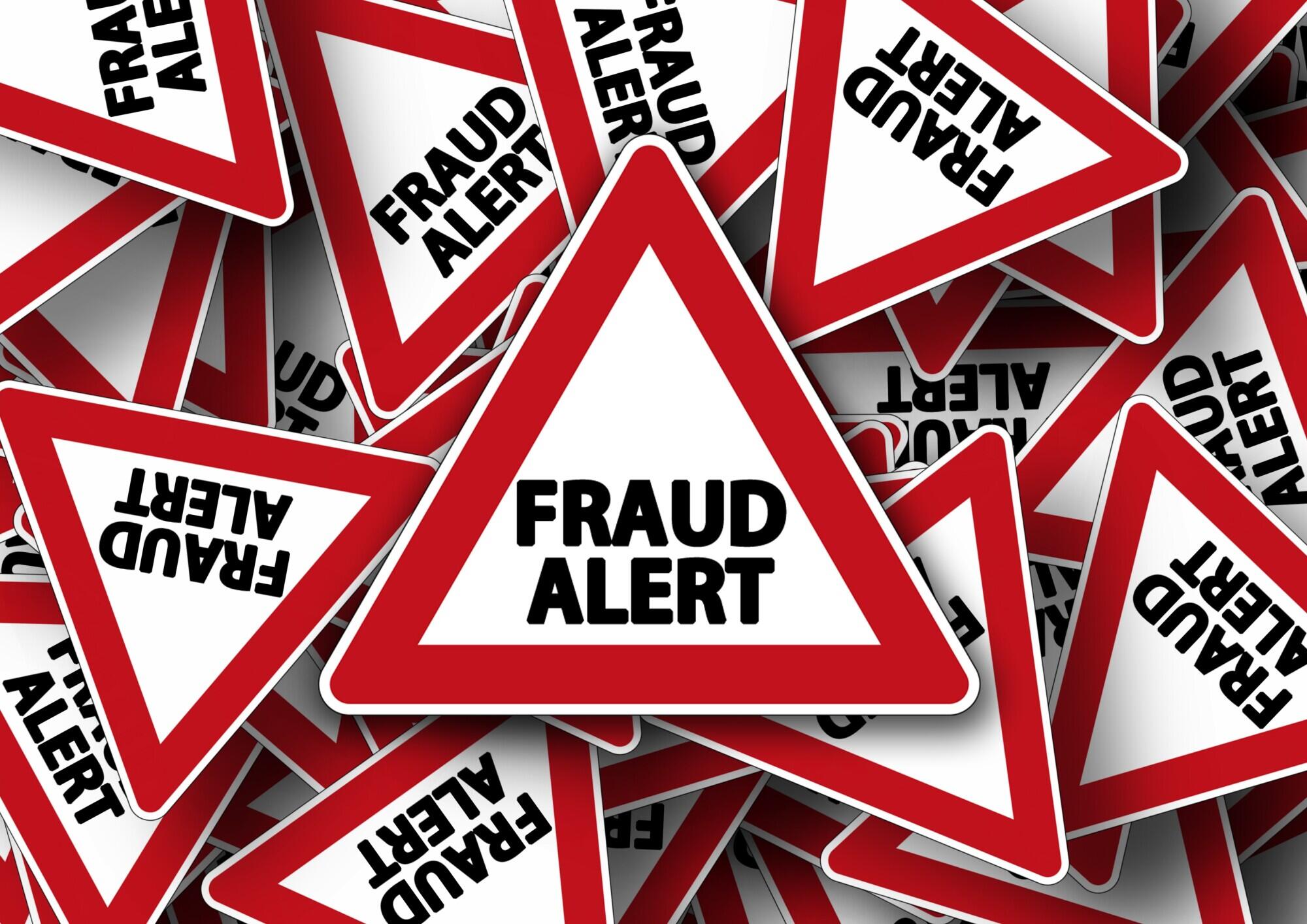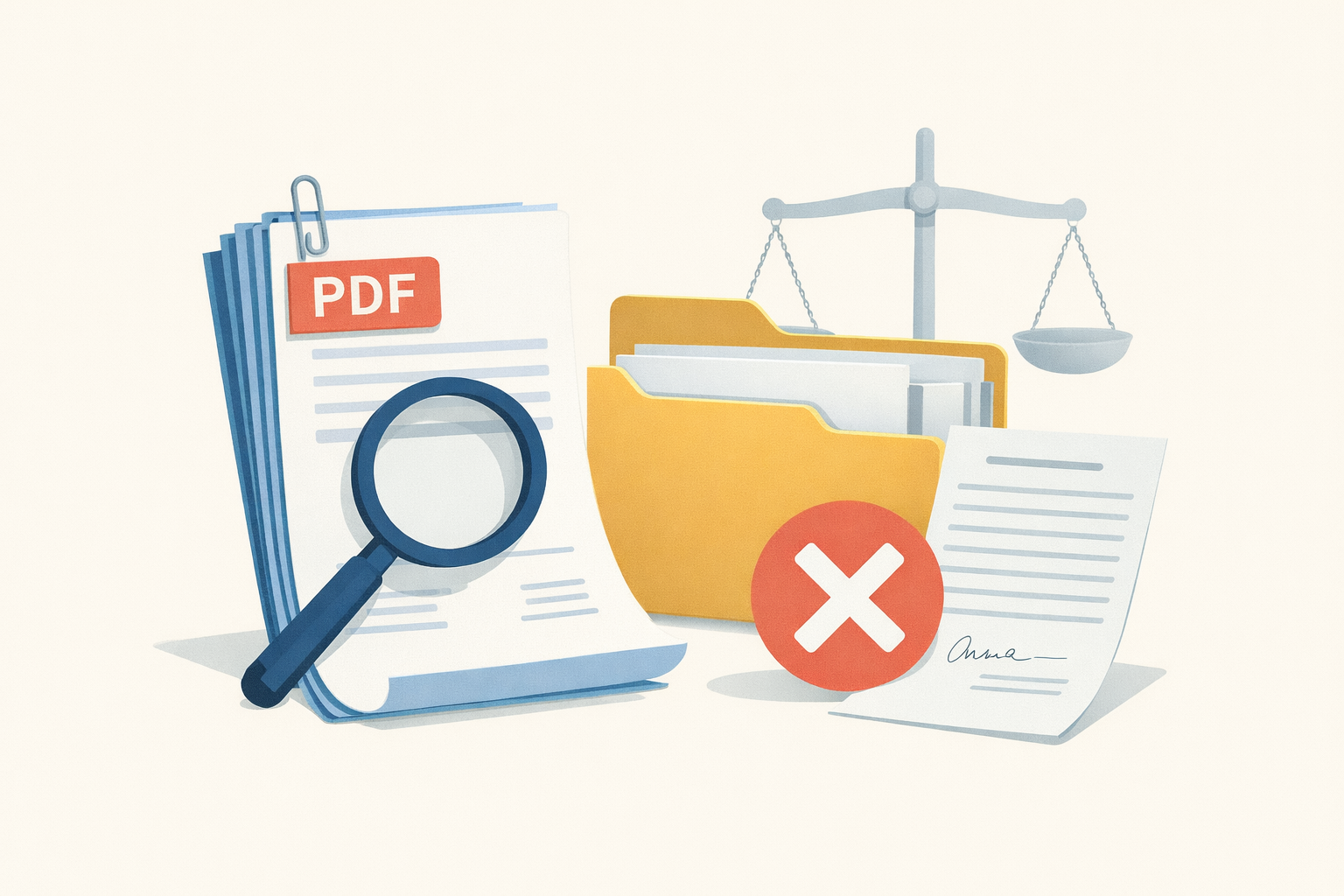Do hiring practices focused on young applicants and recent college graduates constitute illegal age discrimination? They do according to several over-40 job seekers who applied to work at PwC, the venerable accounting and professional services firm. The applicants brought a putative class and collective action suit against the company last April, alleging that PwC’s practices were biased against older candidates.
Now those applicants will be allowed to begin discovery, even though they have yet to earn certification in their putative class action. U.S. District Judge Jon S. Tigar, of the Northern District of California, ruled on Wednesday, August 9th, that the plaintiffs could begin discovery before class certification, which “will allow them to use the ESI discovery in their conditional class certification.”
PwC: The 168-Year-Old Firm Staffed By 20-Somethings
The applicants-of-a-certain-age claim that PwC (formerly known as PricewaterhouseCoopers) focuses its employment efforts on recruiting and retaining Millennials, resulting in the underrepresentation of older workers within the firm’s ranks. Though the firm’s history stretches back to 1849, few of its employees were around in even the 1980s. The average age of PwC’s workforce, for example, was a youthful 27, the company reported in 2011.
The plaintiffs argue that the firm’s employment practices have a disparate impact on older applicants, in violation of the Age Discrimination in Employment Act. Specifically, the putative class action alleges that PwC’s use of a recruiting tool, available only to certain college graduates, results in few older applicants having access to employment opportunities at the firm.
The legal theory upon which the suit is based is controversial. The Eleventh Circuit rejected a similar suit last year. The EEOC, however, has argued that applicants alleging unintentional bias in hiring practices can sue for age discrimination under the ADEA. Judge Tigar has taken the EEOC’s view, ruling in February that the PwC plaintiffs can go forward with their suit, rejecting PwC’s argument that only employees, not applicants, could sue under a disparate-impact theory.
“No Reason to Prevent” Pre-Certification Discovery
That, of course, is just the beginning. The PwC plaintiffs, lead by a 53-year-old CPA from California, still must be certified as a class. The question then arises: when does the discovery process begin? Pre- or post-certification?
The plaintiffs wanted to begin eDiscovery “on a rolling basis from August to October,” using an agreed-upon TAR model that would be “iteratively refined and checked for accuracy,” Judge Tigar’s discovery order explains. That will allow the plaintiffs to use any unearthed, relevant ESI during their conditional certification motion.
PwC, however, disagreed. The plaintiffs are not entitled to ESI prior to conditional certification, the firm argued, and even if they were, the process could not be completed in such a short time frame.
The existing caselaw on the question does not provide a clear answer. As Judge Tigar noted, "In their back and forth, neither party cites a Ninth Circuit decision, or even a case from this district." Further, "none of the out-of-district cases provide a definitive answer on the appropriate scope of pre-certification discovery."
One case, Dallas v. Alcatel-Lucent USA, Inc., noted that “some” discovery had been conducted pre-certification but “What ‘some’ means is left unexplained.” Pines v. State Farm, a throw back from 1992, referenced letters produced before certification “but does not indicate whether other documents were also produced.” Finally, Da Silva Moore v. Publicis Groupe, in which U.S. Magistrate Judge Andrew J. Peck first embraced the use of TAR, was not as determinative as PwC had wanted. The case “suggests that some ESI discovery may be appropriate,” Judge Tigar explains, “but does not define how much.”
The court’s conclusion: While full discovery is not appropriate prior to certification, limited discovery may be permissible.
At bottom, although Plaintiffs are not entitled to complete discovery before their collective is conditionally certified, the Court sees no reason to prevent them from obtaining and using ESI discovery to support their motion. Nor has any party cited a case that clearly prohibits them from doing so.
ESI Is Available, But Is Discovery Possible?
Even with discovery available, could the parties get through sufficient discovery in the short timeline proposed? The court was willing to give it a shot.
The parties had agreed to use a predictive-coding process “incorporating both linguistic and statistical modeling,” a complex and complicated process that, PwC noted, involved “in-depth steps” to implement correctly. But the court was not convinced that the process’s complexity and “in-depth steps” required delay, noting that “the Court will not set a lengthy schedule based on the possibility of future problems that have yet to arise”.
Simply put, negotiations over ESI discovery have already consumed several months of the parties' time. Although Plaintiffs' proposed timetable is aggressive, it is not unreasonable.
The takeaway for practitioners: Though full discovery may not be available prior to certification in class actions, that does not mean that no discovery will be permitted. But when such discovery is allowed, courts will continue to press to make sure that the process, despite potential technological burdens, does not delay the speedy advancement of a case.
This post was authored by Casey C. Sullivan, who leads education and awareness efforts at Logikcull. You can reach him at casey.sullivan@logikcull.com or on Twitter at @caseycsull.




